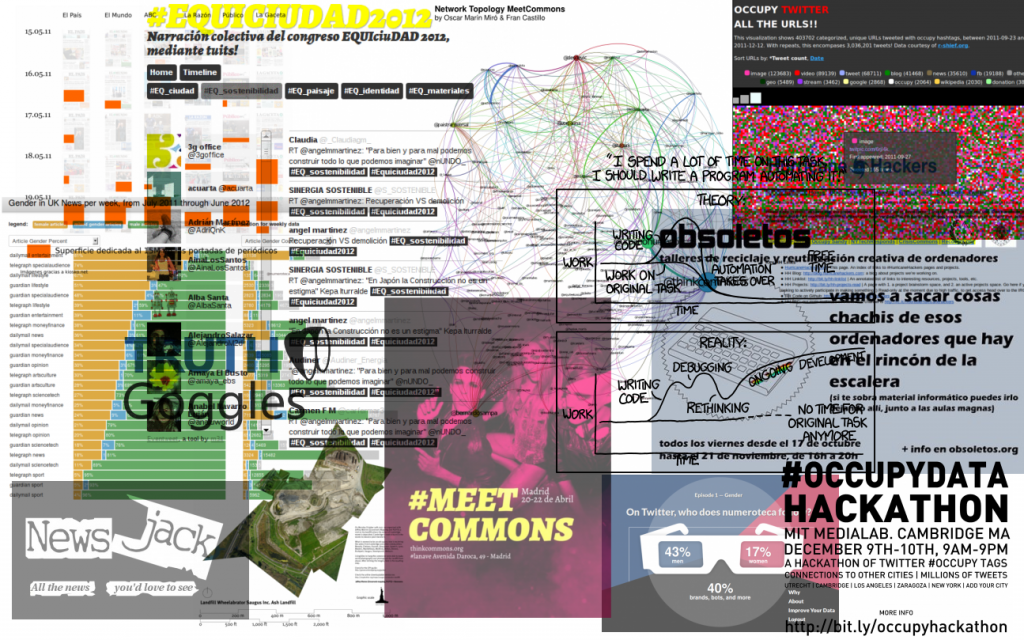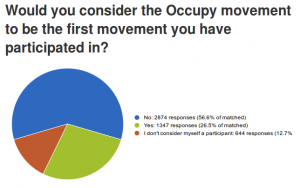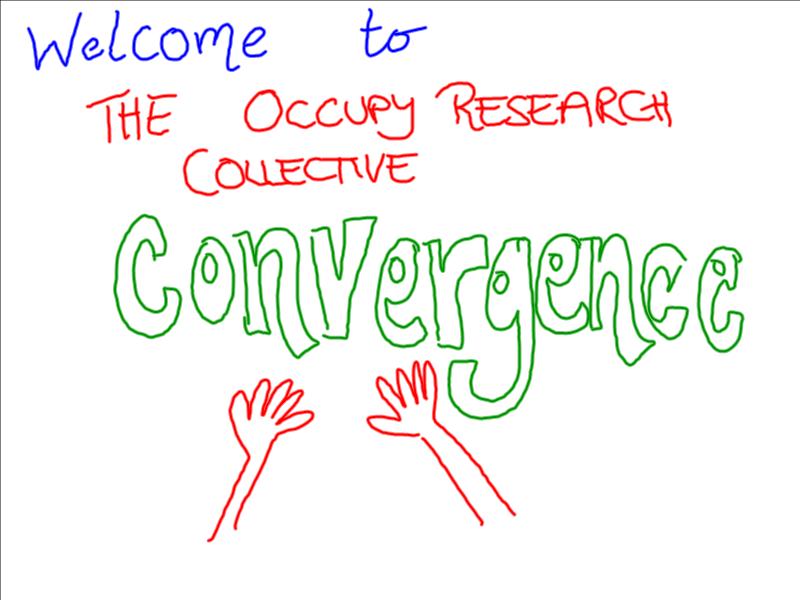This email was sent to announce the burial of the OccupyResearch website. You can follow the thread and participate at the OccupyResearch email list, which is still open.
Author: pablo rey
Date: 2016-09-29 00:23 +200
To: List of the shared space for distributed research occupyresearch, occupyresearch-data@googlegroups.com
Subject: [Occupyresearch] 5 years later… time to officially bury OccupyResearchhDear occupy researchers,
The 5th anniversary of OWS is gone, and soon will be 5 years since the first OccupyResearch conference call (Oct. 29th, 2011). How about solemnly closing this project? On Oct 10th 2016 the domain is expiring. Let’s bury it.
For the past 4 years occupyresearch.net website hasn’t been updated. Two or three years ago the server expired and we had to restore the backup in a new place. Images and important files were lost, but thanks to the waybackmachine at archive.org we could rescue them. Recently we restored the original WordPress theme, repaired broken videos and the re-uploaded the wiki pages that were under password at occupyresearch.wikispaces.com
You can now browse all the original content at occupyresearch.net, but in a few days we’ll be transforming the dynamic website to a static one (thanks wget!) and archive it in the website cemetery at cementerio.montera34.com/oc
cupyresearch.net (thanks to Montera34 cemetery!). A nice way to continue having access to files and forget about maintenance and paying the domain. Clones are welcome. Looking forward to hearing your thoughts.
Do you want to throw some last words in the funeral? ideas? answer to this email and/or post them in the blog for posterity. If you don’t know how to access the blog, ask me!
Occupyresearch is dead! Occupy is dead!
Long live the 99 percent!
best,
Chris, Pablo and Sasha









Recent Comments